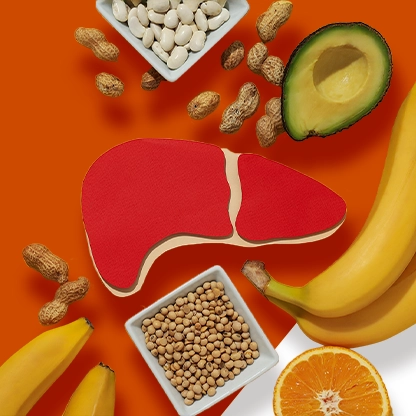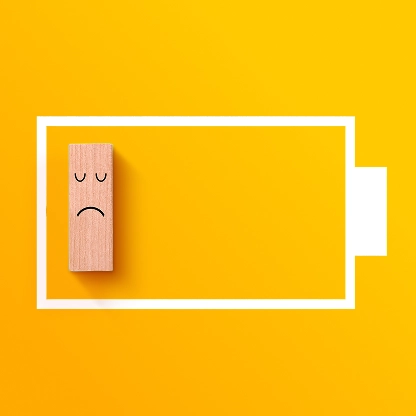.webp)
All about the liver
Frequently asked questions
Yes! The liver is amazing and possesses remarkable regenerative capabilities, making it the only organ in the body capable of self-repair. Most of the time, it efficiently regenerates new cells. However, in cases where scar tissue (known as cirrhosis) develops, then the process of undoing liver damage becomes more challenging. Although the liver is resilient, adopting healthy habits can help support its functioning by not smoking, minimizing alcohol use, following a healthy diet, exercising regularly, practicing good hygiene, and adhering to prescribed medication regimes.
Absolutely! Your liver serves hundreds of essential functions for the body. It’s not just an internal organ; you can also think of it like a gland. Its main job is detoxifying the body from toxic substances, but it also secretes hormones and stores nutrients your body needs. It also serves metabolic and energy functions for your body.
How to take care of your liver?
Get inspired by choosing articles from our library
Our product
.webp)





%20(1)%20(1).webp)